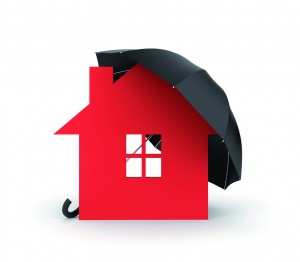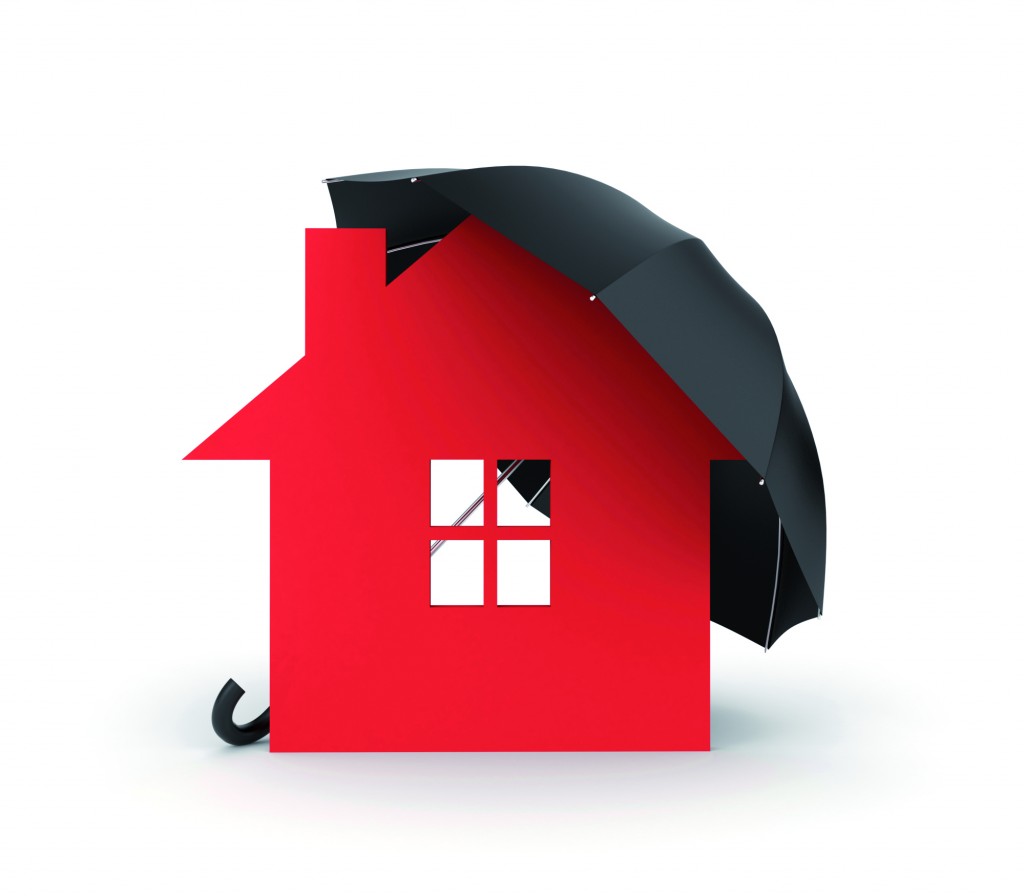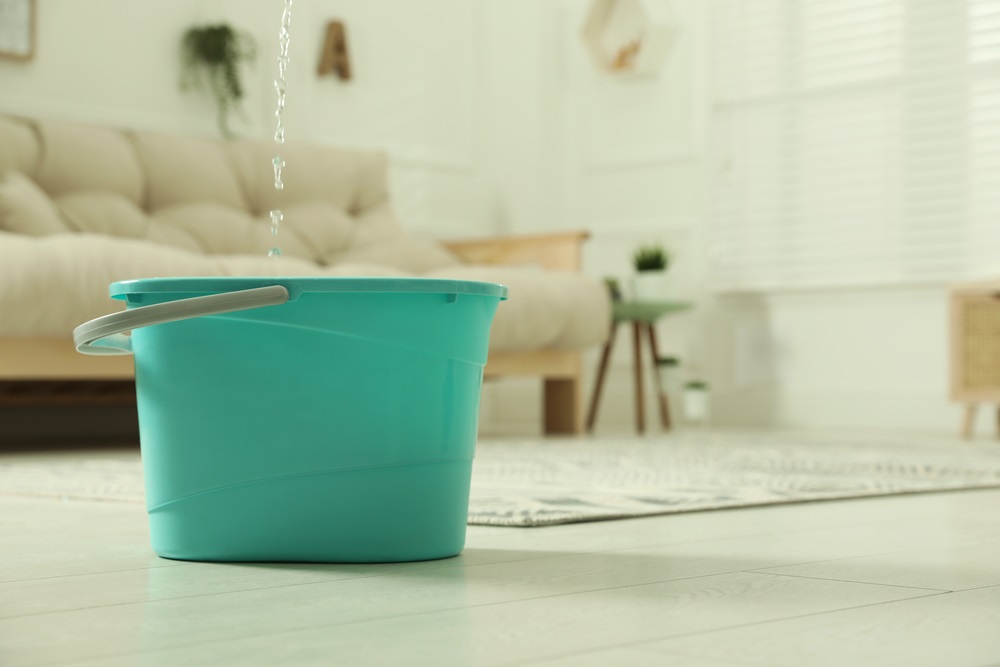Following the recent flooding in the UK, Direct Line has Property Insurance Advisers (PIAs) ready to help customers through the claims process. These PIAs have been on the ground since the first heavy rainfall, giving any assistance possible, including helping to cope with the damage, as well as authorising repairs and alternative accommodation where necessary. […]
 Following the recent flooding in the UK, Direct Line has Property Insurance Advisers (PIAs) ready to help customers through the claims process.
Following the recent flooding in the UK, Direct Line has Property Insurance Advisers (PIAs) ready to help customers through the claims process.
These PIAs have been on the ground since the first heavy rainfall, giving any assistance possible, including helping to cope with the damage, as well as authorising repairs and alternative accommodation where necessary.
Martin Egan, national property claims manager at Direct Line home insurance, commented:
“We take the current severe weather and flooding situation extremely seriously, and have put our emergency action plans into place. We have highly experienced people on the ground providing assistance to homes and businesses in the areas hardest hit by flooding, and we have added extra members of staff in our call centres to help customers over the phone.
“In all cases we aim to deal with queries and claims from our customers quickly and efficiently, although we do anticipate a delay from normal service standards due to the sudden increase in claims caused by the severe weather.”
While those affected may find themselves still in the early stages of flooding or flood risk, the following information may be of use now and in the future:
For householders who have suffered flooding:
- If you need to move to alternative accommodation, the cost is normally covered under your insurance policy, but please check this when speaking to the claims team
- When possible, take photographs of the damage to your building and contents or film the footage; they may help with the settlement of your claim
- Don’t throw away possessions without first discussing it with your claims adviser, as they will need to be assessed
- Do not use electrical equipment or the gas supply until it has been checked by a qualified tradesman
- Wash taps and run them for a few minutes before use
- Do not rush to redecorate your home as it can take weeks for a flood-damaged property to fully dry out
- Do not lift wet carpets unless absolutely necessary as they may shrink
For homeowners at risk of flooding:
- Ensure any drains and gutters are clear of debris so rainfall can drain from your property effectively
- Place valuable and electrical items in high cupboards to reduce the impact of any flood damage
- Ensure outdoor furniture and other items likely to float away are safely restrained to reduce the risk of these items causing secondary damage
- Establish an evacuation plan for your family. This will reduce the risk of injury to your loved ones and give you more time to save items of sentimental and material value
- While it is safe to use electrical equipment, keep up to date with the latest weather and flood warnings by monitoring local television and radio services
- If your property has flooded, switch off your mains power supply to reduce the risk of electrocution and fire caused by floodwater
- Store important documents, including insurance policy details and useful contact numbers in a watertight bag in a dry accessible place, preferably upstairs
- Make up a flood emergency kit and keep it in a safe place. Include key personal documents, a torch and portable radio with spare batteries, warm clothing, blankets, rubber boots and gloves, cleaning equipment, disinfectant and detergent, heavy duty refuse bags, a first aid kit and any essential medication
- Make a list of useful numbers you may need – your insurer, your local council, the emergency services and the number of Floodline, tel: 0845 988 1188
- Buy air brick covers or flood boards to block doorways














